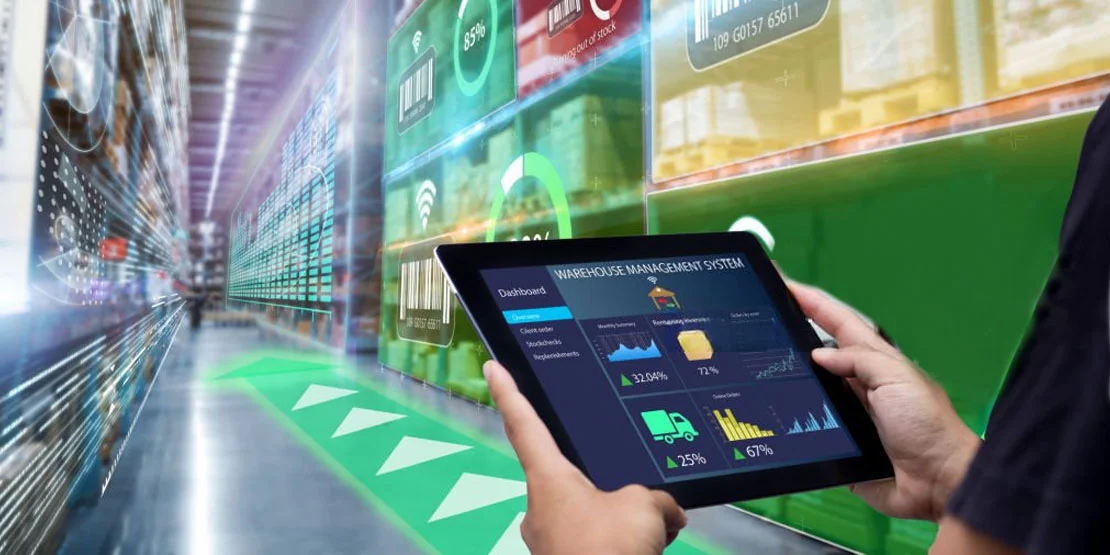
What is ERP in Logistics and Warehouse Management?
Any enterprise resource planning software, helps the user in numerous possible ways. As it integrate various business processes into a single unified system, which makes it easy for the user to manage their resources efficiently. Taking about the logistics and warehouse operation part the ERP software facilitates:
Inventory Management
Inventory management works on real-time tracking as it brings more attention for the user on the inventory levels, orders, sales, and deliveries for a more systemic approach.
Order Processing
Order processing means the function that reflects the customer order and the ERP here streamlines the order-to-cash process and enhance the customer service.
Fleet Management
Fleet management means the monitoring of vehicle performance, optimizing the routes, and managing maintenance schedules.
Data Analysis
Data analysis means providing the real-time insights through reporting tools that further assist the user in making business driven decision.
What are the Features to Look for in logistics & warehouse ERP Software?
There are certain features, that the ERP solution requires in its logistics and warehouse operations:
The real-time tracking, means having the ability to understand and monitor the inventory levels and the overall shipment status in real-time which facilitate the user to understand their venture status much more accurately. The integration reflects that how it get along with the other systems such as transportation management systems (TMS), customer relationship management (CRM), and accounting software. This feature is important for the user to work effectively in its logistics & warehouse ERP Software. The feature of scalability goes into hand in hand that means the ERP solutions grow with the clients business needs and also connecting to it comes the next feature which is the user friendly interface of any ERP system that minimizes the training time and enhances the user adoption.
List of Top ERP Software Solutions for Logistics and Warehouse Operations
Odoo
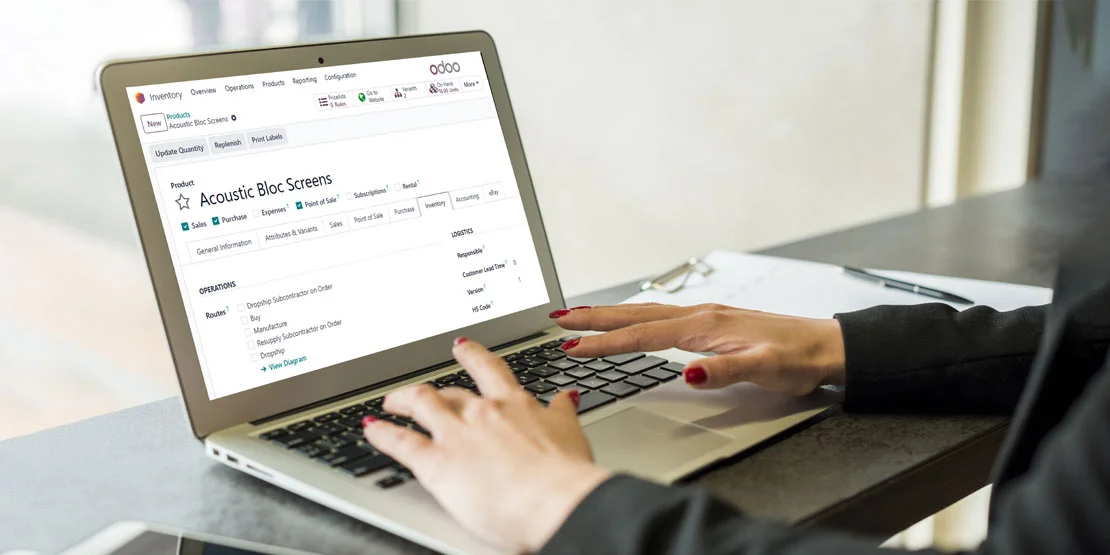
Odoo is a one stop solution for all your logistics & warehouse operations that works on a customer centric approach and also provides the user with a wide range of functions to choose from.
Features that makes it different
Odoo comes as an open-source ERP with utmost flexibility and scalability operations
Provides real-time inventory management
Uses AI for advanced features and quick integration
Advantage
Modular approach saves a lot of user cost
Huge community support
The user can customize the features based on their business standard and size

LOZICS ERP

Lozics is an all-rounded logistics ERP Solution designed for transportation management. The software offers a cloud-based platform that can be accessed from anywhere.
Features that makes it different
Includes fully integrated functionality with third-party systems through advanced APIs.
Comprises of barcode that works on real-time tracking and can be utilized for an effective inventory management.
GST Compliance that serves the Indian Businesses.
Advantage
Lozics reduces the users processing time through automatic entry.
Vehicle tracking and delivery status can be availed at any time through the real-time moment.
Each module can be customized according to business requirements and the business standard.
LOZICS has so far been successful in digitizing the operations of more than 300 logistics companies, making it a safe bet for transport sector companies.

eresource 3GL ERP
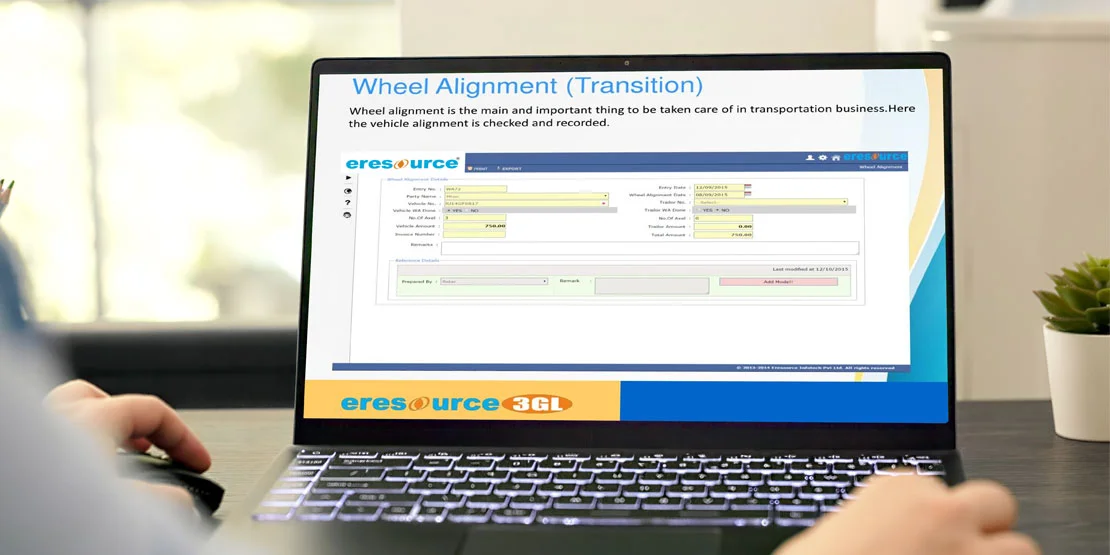
eresource 3GL is the software that is specifically developed for the fleet management in the logistics companies.
Features that makes it different
It works on complete vehicle tracking, fuel management, and the scheduling of maintenance.
It can easily Integrate with supply chain planning tools.
Advantage
Automates the repetition of process for ensuring productivity.
It gives detailed reports on the activity of fleet, as well as operations expenses.
This type of ERP solution suits companies well that own their fleet of vehicles and are interested in optimizing the operational level.

Softlink Global's Logistics ERP
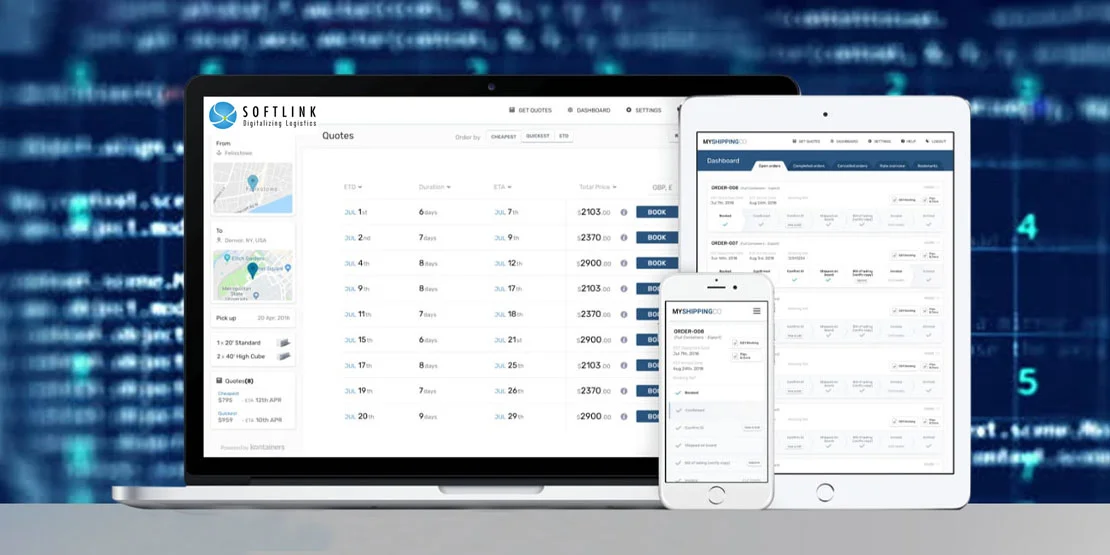
Softlink Global offers an effective logistic management ERP system that links people, information, and processes that works ubiquitous.
Features that makes it different
It encompasses a centralized database for accessing the information on a department-by-department basis.
Automated reporting templates for effective operational workflow processes.
Advantage
Increases data transparency inside the organization.
Involves less operational costs with proper utilization of resources.
This software is more applicable for medium to large logistics companies looking for an integrated solution that handles intricate business operations.

Microsoft Dynamics 365 Business Central
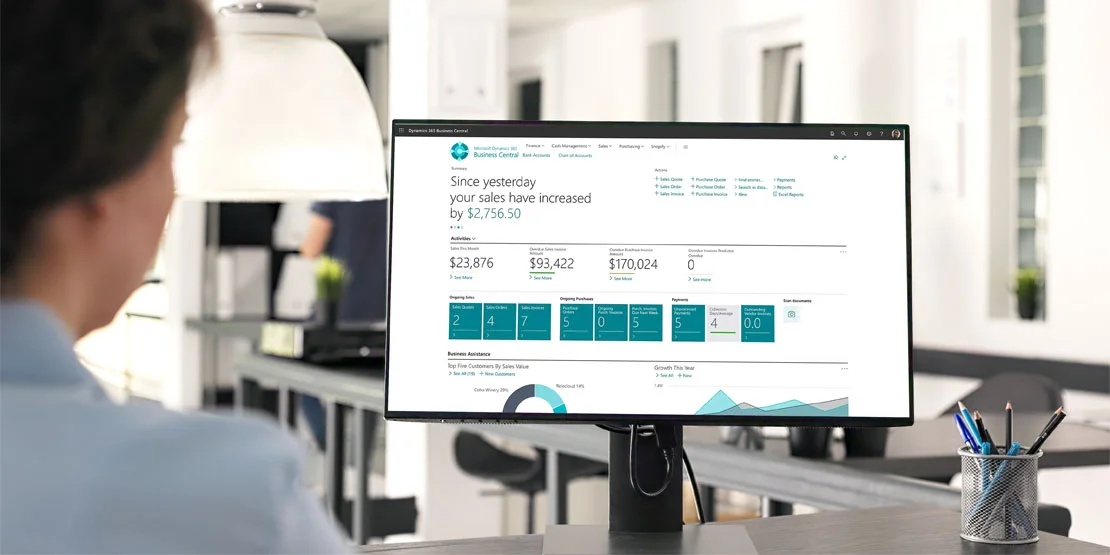
Microsoft Dynamics 365 is one of the versatile ERP software, which addresses every industry including logistics and the warehouse operations
Features that makes it different
Financial Management, Supply Chain Management, and Customer Relationship Management modules are all integrated with the ERP.
Power BI is included for better analytics.
Advantage
All-in-one solution for small to mid-sized enterprise
Cloud-based flexible options
This software is suitable for companies which require strong, operative financial control and logistics.

Factors Influencing the Choice of Logistics ERP Software

When the user is selecting an ERP system for logistics and warehouse operations, these are some of the following factors that needs to be considered:
Business Size and Complexity
Choose the ERP system as per your business size as, the larger organizations may require more robust solutions that has the capability to work on more advanced features whereas if we talk about the small companies that might get the maximum benefit from a simpler systems.
Industry-Specific Needs
Certain industries have a unique set of requirements for example they need a temperature control in food logistics that necessitate requires a specialized functionalities within the ERP system.
Budget Constraints
Evaluate total cost of ownership with cost associated with licensing fees, implementation costs, and ongoing maintenance expenses and much more when choosing an ERP solution.
Vendor Support
Consider the level of support the chosen vendor offers post-implementation and make sure it include the training resources and the 24/7 customer service availability.
Customization Options
Flexibility in terms of customizing modules can be critical as businesses here incorporates the new challenges arise within the logistics landscape.
Disputes in Implementing Logistics ERP Systems
We all agree to the fact that ERP implementation comes with various benefits, but it is equally important to understand that the implementing an ERP system in logistics can also bring several challenges:
Resistance to Change
It means the employees may resist in adopting the new technologies as they have a constant fear of change or lack of understanding with the system's benefits.
Data Migration Issues
Transferring data from one system another lead to inaccuracies if not managed carefully during implementation.
Cost Overruns
There is a high chance that the user run over budget from the expected cost which was decided during implementation. This can strain the budgets if not adequately planned or accounted for in the upfront.
Integration Difficulties
Ensuring seamless integration between the new ERP system and existing IT infrastructure can be a complex task if not done with a proper planning.
Training Requirements
A proper training programs must be established for the user to ensure that their employees are proficient in utilizing the new system effectively from day one.
Strategies for Successful Implementation
To achieve a successful implementation it is important for the user to plan certain strategies in their logistics & warehouse operations but also to mitigate the challenges associated with same:
Establish Clear Objectives
Clear objectives means, understand what they actually want from an ERP implementation this should be ideally done before the process so that the user have a sufficient time frame to measure their goals and get it aligned with their overall business objectives.
Involve Stakeholders Early
Stakeholders are the experts that come together from various departments into the process to gather input and foster buy-in throughout to make the implementation better.
Invest in Training
Investing in various training programs is essential for the user to have a customized set of solution that can cater to the different user roles within your organization and ensures the smooth adoption of the new system.
Lastly, if you are still constipating on the choose of the best ERP software used for logistics & warehouse operations, think no further and choose odoo as your ideal enterprise resource planning software and implement it through experts at o2b technologies who serves all your business needs and provides with the best and customized workflow.
FAQs
What does ERP system stands for in the logistics sector?
The ERP is also known as the enterprise resource planning software which ensures that the venture has cross-functional support throughout their business process.
How does a warehouse uses the ERP?
The ERP like odoo, provides the advanced warehouse management features that helps the user to track the process like inventory, the packing of goods and services and the items that are shipped.
What is ERP software used for in the supply chain?
Enterprise resource planning (ERP) software are often used in the supply chain to get an automated process, streamline the operation, and enhance essential business processes.
Odoo for logistics & warehouse operations?
Odoo is an open ERP system that provides a Real-time inventory management with automated stock updates and the Improvement in the data visibility across the organization.
What ERP does the DHL use?
They use odoo Enterprise Resource Planning software that has helped them in reducing their overheads, has fasten their system and provided customized and scalable solutions.
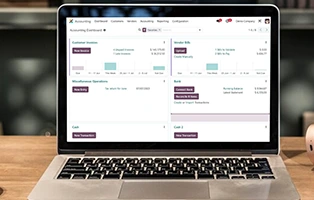



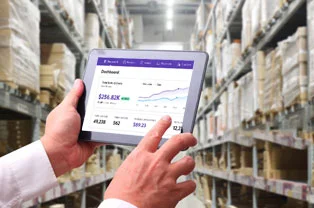
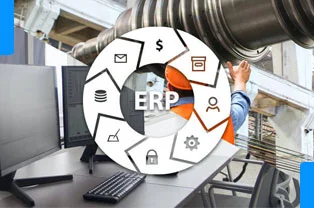



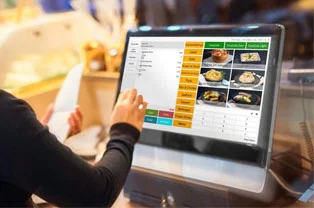

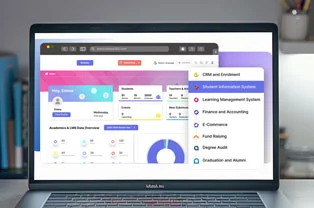







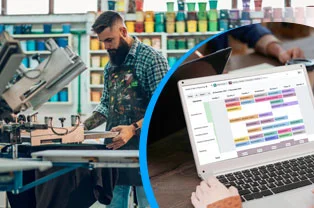
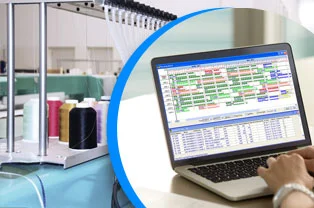
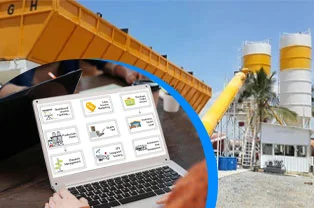
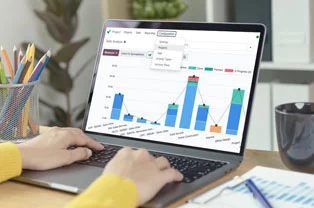

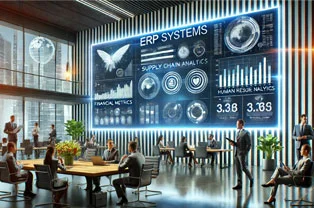

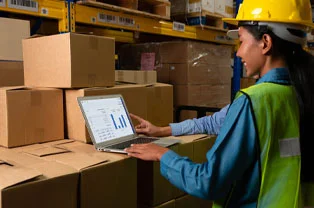


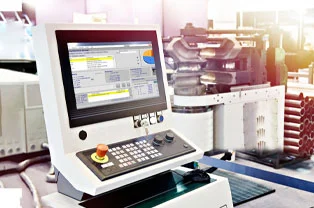
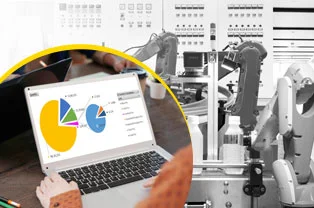

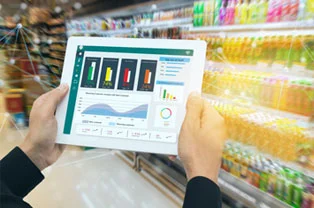
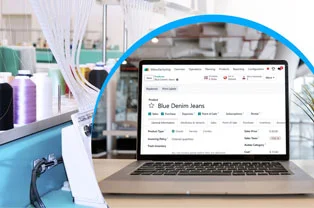
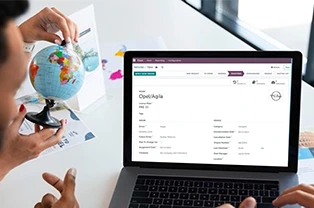


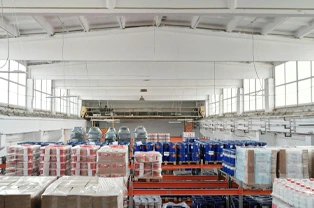






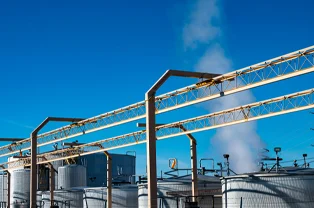



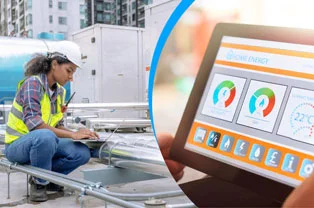
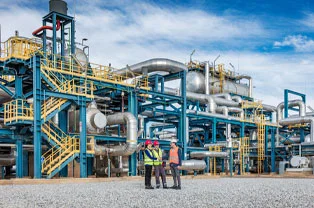










 USA
USA INDIA
INDIA